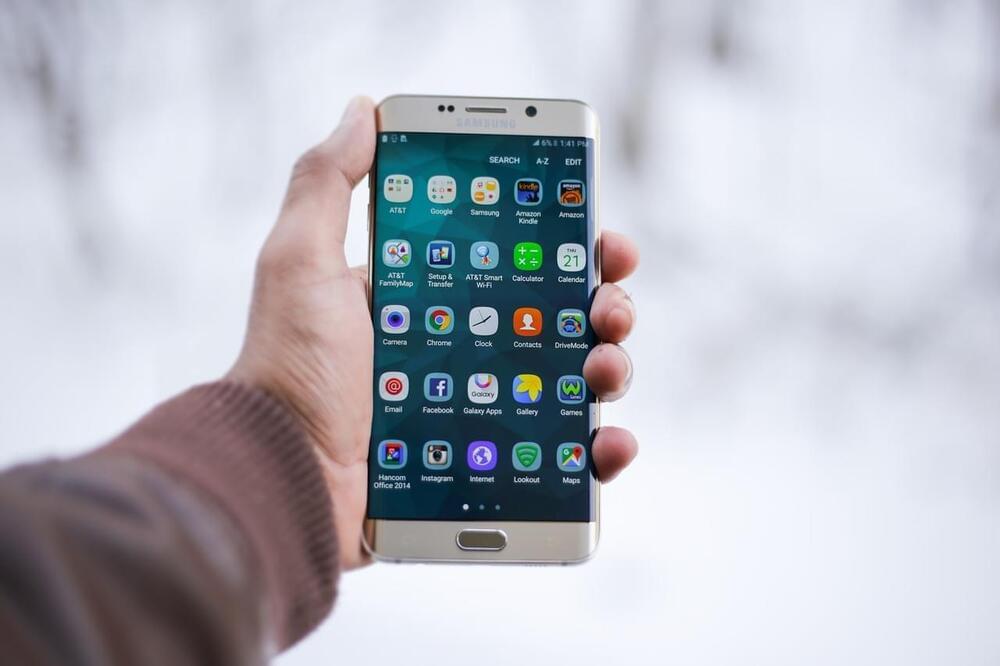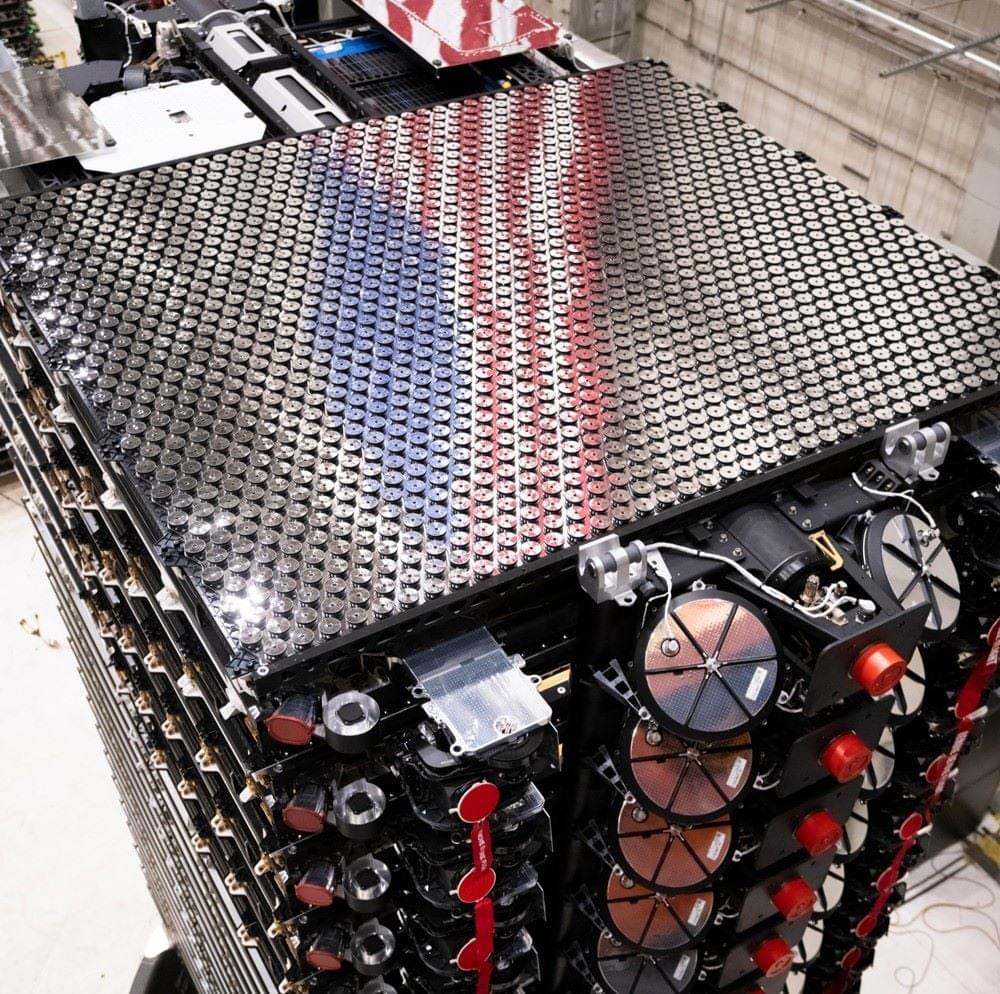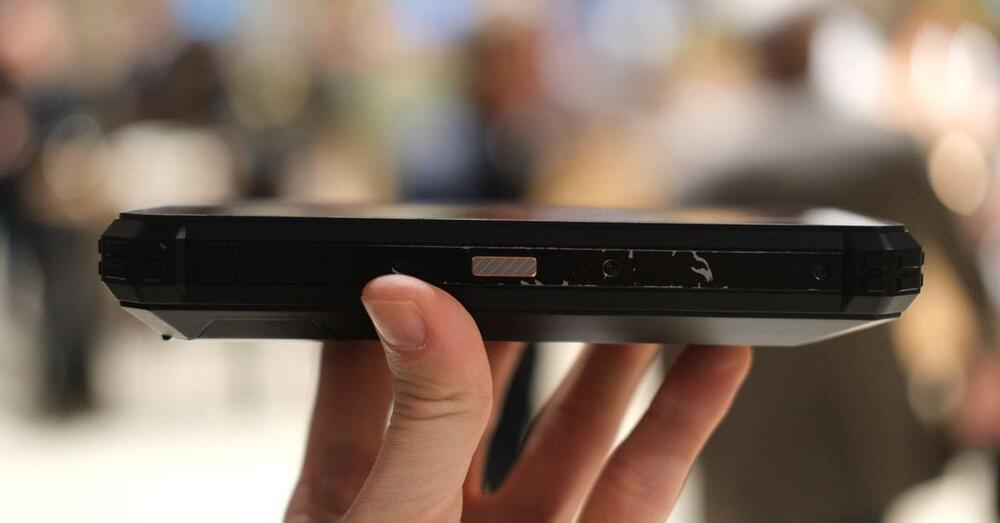Can smartphones apps be used to monitor a user’s mental health? This is what a recently submitted study scheduled to be presented at the 2024 ACM CHI Conference on Human Factors in Computing Systems hopes to address as a collaborative team of researchers from Dartmouth College have developed a smartphone app known as MoodCapture capable of evaluating signs of depression from a user with the front-facing camera. This study holds the potential to help scientists, medical professionals, and patients better understand how to identify signs of depression so proper evaluation and treatment can be made.
For the study, the researchers enlisted 177 participants for a 90-day trial designed to use their front-facing camera to capture facial images throughout their daily lives and while the participants answered a survey question with, “I have felt, down, depressed, or hopeless.” All participants consented to the images being taken at random times, not only when they used the camera to unlock their phone. During the study period, the researchers obtained more than 125,000 images and even accounted for the surrounding environment in their final analysis. In the end, the researchers found that MoodCapture exhibited 75 percent accuracy when attempting to identify early signs of depression.
“This is the first time that natural ‘in-the-wild’ images have been used to predict depression,” said Dr. Andrew Campbell, who is a professor in the Computer Science Department at Dartmouth and a co-author on the study. “There’s been a movement for digital mental-health technology to ultimately come up with a tool that can predict mood in people diagnosed with major depression in a reliable and non-intrusive way.”







